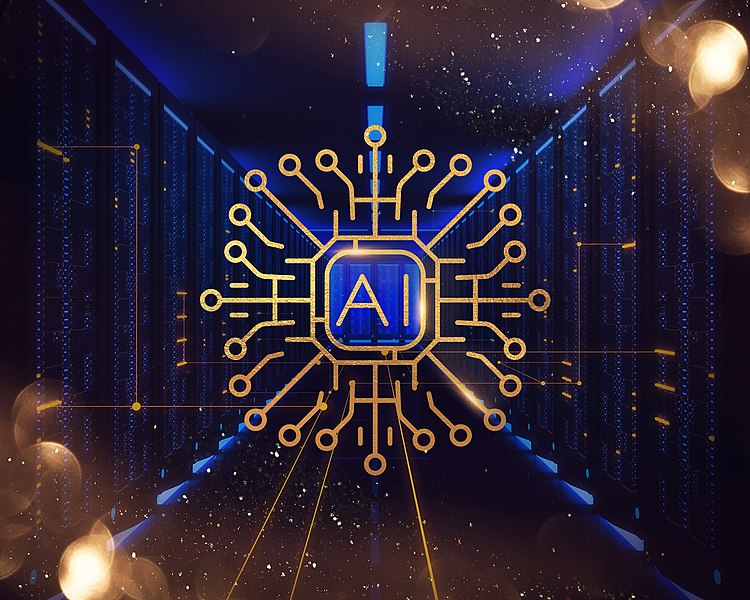
Europe is making a significant push to establish itself as a leader in artificial intelligence (AI) with a €200 billion public-private partnership. The European Union will contribute €50 billion to the
initiative, supplementing the €150 billion already committed by over 60 major companies participating in the EU AI Champions Initiative.
Aiming for AI leadership
Speaking at the Artificial Intelligence Action Summit in Paris, European Commission President Ursula von der Leyen challenged the perception that Europe lags behind the US and China in AI development.
"The AI race is far from over," she stated. "We are only at the beginning. The frontier is constantly moving, and global leadership is still up for grabs."
The initiative aims to harness Europe's full potential in AI by fostering collaboration between industrial giants and tech firms, including Airbus, L'Oréal, Mercedes, Siemens, Spotify, and Mistral AI. A key goal is to simplify regulatory processes to accelerate AI innovation and adoption across the continent.
Global AI governance in focus
The two-day AI summit at the Grand Palais sought to establish common ground on international AI governance. However, neither the US nor the UK signed the declaration for open, inclusive, and ethical AI, which was endorsed by 61 countries at the event.
During the summit, US Vice President JD Vance cautioned against AI partnerships with authoritarian regimes and warned that excessive regulation could hinder progress in the field.
"Introducing international regulations that restrict American companies is a terrible mistake, not only for the United States but also for your own countries," he asserted.
Concerns over AI regulation and energy consumption
Vance, a former Silicon Valley executive, reiterated the US's commitment to maintaining AI leadership and dismissed concerns that American AI would be used as a tool for censorship.
Meanwhile, new measures were introduced in Paris, including the launch of an open-source observatory by the International Energy Agency to monitor AI's impact on energy consumption. The observatory will begin operations in April.
Recent studies highlight AI's energy demands, with each ChatGPT query consuming 2.9 watt-hours—ten times the energy required for a Google search. In 2023, data centers powering AI services accounted for nearly 1.4% of global electricity consumption, according to Deloitte.
As Europe ramps up investment and global discussions continue, the competition for AI leadership remains wide open, with regulatory and energy considerations playing a crucial role in shaping the industry's future. Photo by mikemacmarketing, Wikimedia commons.








































